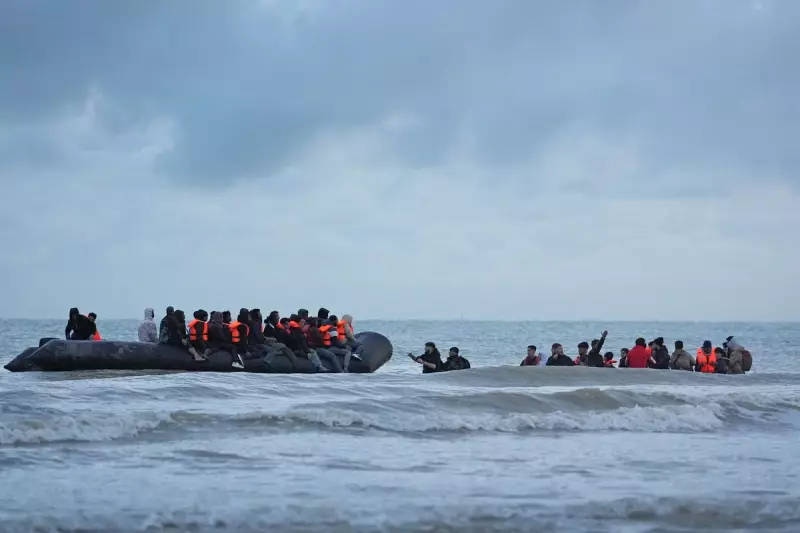
In a significant move that could reshape Britain's approach to European cooperation, Labour leader Sir Keir Starmer has revealed plans for an ambitious security agreement with France aimed at tackling the contentious issue of small boat crossings.
A New Chapter in Cross-Channel Relations
The proposed pact represents a dramatic departure from current strategies, focusing on enhanced intelligence sharing and joint operations to disrupt people smuggling networks. Starmer's announcement comes as he prepares for crucial meetings with European leaders, positioning himself as a prime minister in waiting.
"This isn't just about stopping boats - it's about rebuilding trust with our European neighbours," Starmer emphasised during his announcement. The Labour leader's approach signals a fundamental shift from the government's current Rwanda deportation scheme, which he has consistently criticised as an expensive and ineffective solution.
Beyond the English Channel: A Wider European Strategy
Starmer's European engagement extends beyond the immediate Channel crisis. The Labour leader has outlined a comprehensive strategy that includes:
- A new security framework with France targeting people smuggling operations
- Enhanced cooperation with European partners on multiple fronts
- Rebuilding diplomatic bridges damaged during the Brexit negotiations
- Addressing the root causes of migration through international partnerships
The Political Stakes
This announcement positions immigration and European relations as central battlegrounds for the next general election. With the government's Rwanda policy facing legal challenges and mounting costs, Starmer's alternative approach offers voters a clear choice between competing visions of Britain's role in Europe.
Political analysts suggest this move could appeal to moderate voters who want to see practical solutions to the small boats crisis while maintaining constructive relationships with European partners.
The success of Starmer's proposed pact will likely depend on his ability to negotiate favourable terms with French President Emmanuel Macron and other European leaders. As the political landscape evolves, this security agreement could become a defining feature of Labour's foreign policy platform.





